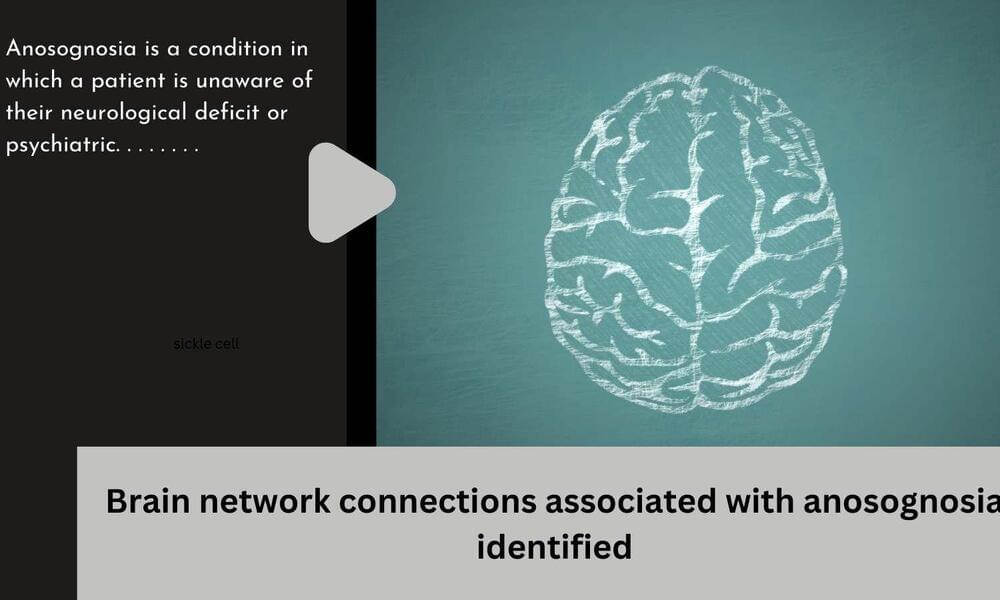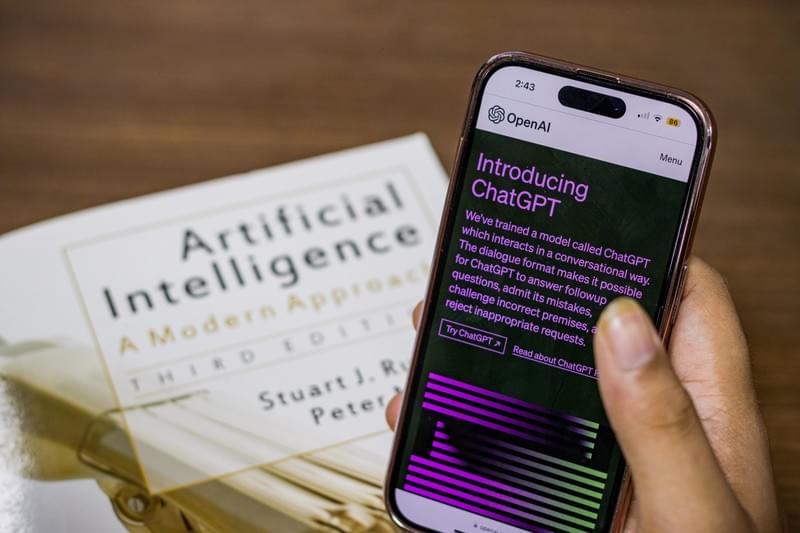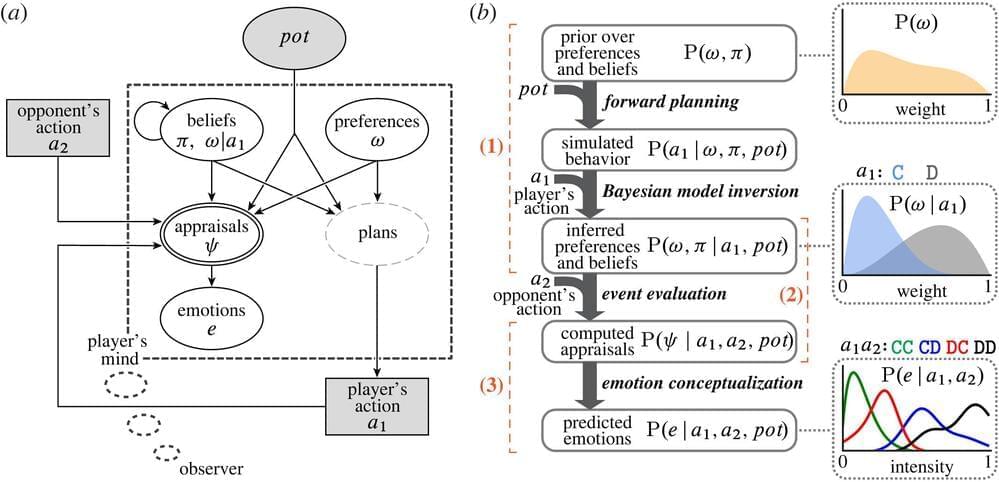Jun 12, 2023
Brain network connections associated with anosognosia identified
Posted by Shubham Ghosh Roy in categories: biotech/medical, neuroscience
Anosognosia is a condition in which a patient is unaware of their neurological deficit or psychiatric condition. Visual anosognosia, also called Anton syndrome, is associated with complete cortical blindness and unawareness of vision loss.
Researchers from Brigham and Women’s Hospital, a founding member of the Mass General Brigham healthcare system, sought to identify brain network connections associated with anosognosia. The investigators analyzed the connectivity patterns of 267 lesion locations associated with either vision loss (with and without awareness) or weakness (with and without awareness).
Continue reading “Brain network connections associated with anosognosia identified” »


















